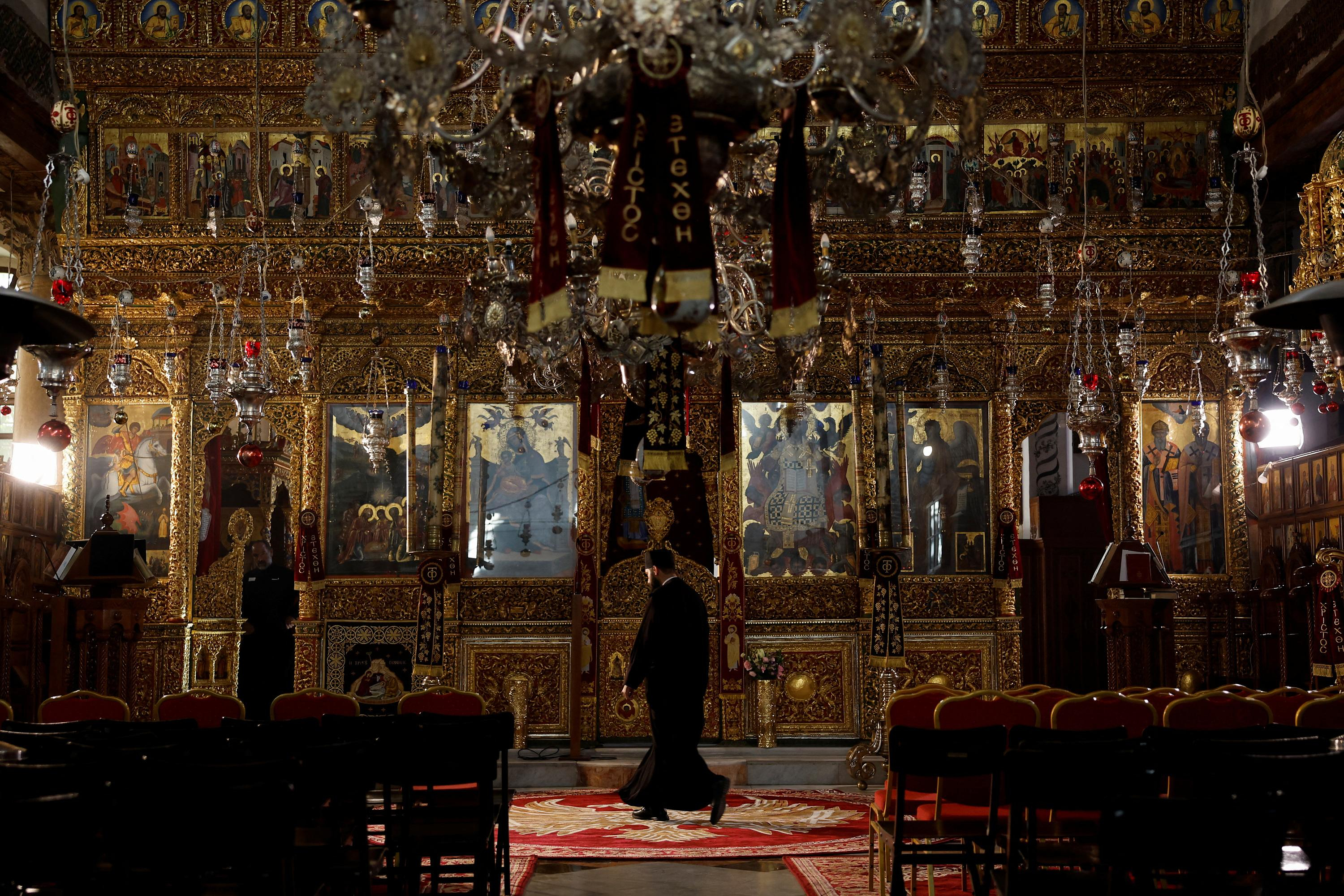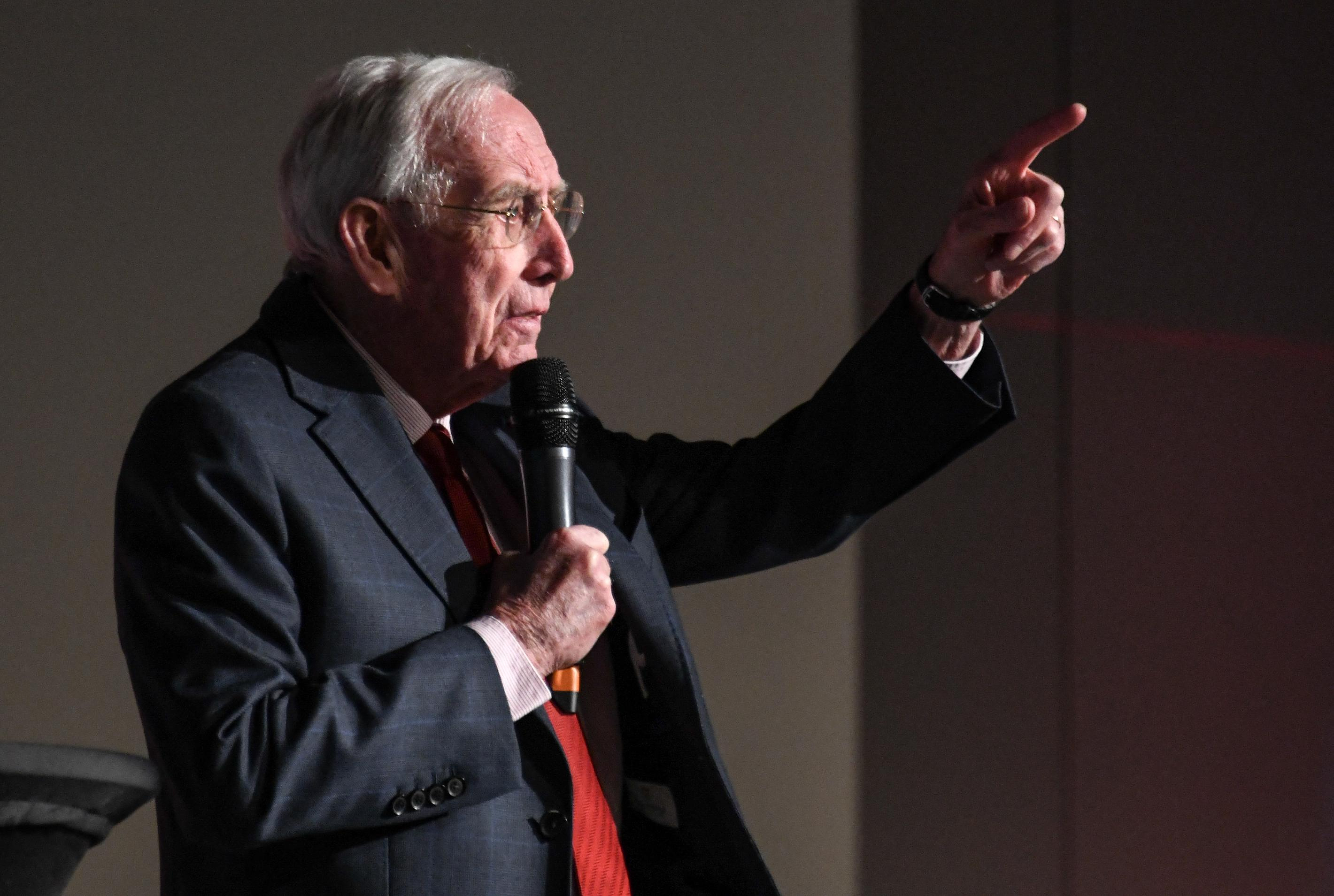A small revolution in Christianity. For the first time in modern history, Christmas was celebrated in Ukraine at the same time as in the Western world, on December 25. This event is the result of a decision by the Orthodox Church of Ukraine and the symbol of rapprochement with Europe, which at the same time underlines the distance that kyiv is taking vis-à-vis Moscow.
This upheaval of dates recalls the difference which divides the different Christian Churches concerning the date of the celebration of Christmas. The overwhelming majority of Orthodox people (notably the Russian Orthodox Church) but also some Greek Catholics will celebrate Christmas on the night of January 6 to 7 this year, 13 days after December 25. How can we explain such a discrepancy?
It's all a question of calendar differences. The vast majority of Orthodox people in fact retain the so-called “Julian” calendar, introduced by Julius Caesar in 46 BC. The consul had introduced this calendar in which a year corresponds to 365 days, plus 1/4 of a day. This duration, however, exceeds the astronomical year by 11 minutes and 14 seconds: the gap between the solar year and the calendar year widens over the years. In fact, the Julian calendar is extended by one day every 128 years compared to the solar year.
In the 16th century, the gap between the Julian calendar and astronomical observations reached 10 days. In 1570, Pope Gregory XIII appointed a commission of astronomers to reform the calendar and resolve this problem of accumulated delays. On February 24, 1582, a papal act established a new calendar and introduced leap years every four years. The 10 extra days are removed to align with astronomical observations. In France, we therefore go from Sunday 9 to Monday 20 December 1582: the modern calendar is born.
The reform was gradually adopted by Catholic states. For their part, a large majority of Orthodox Churches (those of Russia, Serbia, Georgia and Ukraine until now), which separated from the Roman Catholic Christian region following the 1054 schism between the Christians of the East and West continue to follow the Julian calendar. The gap therefore continues to grow between the latter and the Gregorian calendar: it is currently 13 days, and will increase to 14 days in 2100.
In the context of the war in Ukraine, the Ukrainian Orthodox have nevertheless decided to change their tune. The Ukrainian Orthodox Church has in fact chosen to authorize its faithful to celebrate the birth of Jesus Christ on December 25, to distance themselves from Russian traditions and escape the influence of the Moscow Church. In July, Volodymyr Zelensky therefore formalized the move of Christmas celebrations from January 7 to December 25. The text voted on by Ukrainian MPs then explained that Ukrainians wanted to “live their own lives, with their own traditions, their own holidays”. A way, the text further noted, to “abandon the Russian heritage which imposed Christmas celebrations on January 7.”

 Poland, big winner of European enlargement
Poland, big winner of European enlargement In Israel, step-by-step negotiations for a ceasefire in the Gaza Strip
In Israel, step-by-step negotiations for a ceasefire in the Gaza Strip BBVA ADRs fall almost 2% on Wall Street
BBVA ADRs fall almost 2% on Wall Street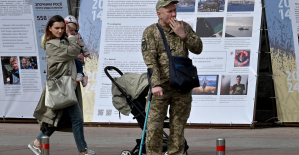 Ukraine has lost 10 million inhabitants since 2001... and could lose as many by 2050
Ukraine has lost 10 million inhabitants since 2001... and could lose as many by 2050 Sánchez cancels his agenda and considers resigning: "I need to stop and reflect"
Sánchez cancels his agenda and considers resigning: "I need to stop and reflect" The Federal Committee of the PSOE interrupts the event to take to the streets with the militants
The Federal Committee of the PSOE interrupts the event to take to the streets with the militants Repsol: "We want to lead generative AI to guarantee its benefits and avoid risks"
Repsol: "We want to lead generative AI to guarantee its benefits and avoid risks" Osteoarthritis: an innovation to improve its management
Osteoarthritis: an innovation to improve its management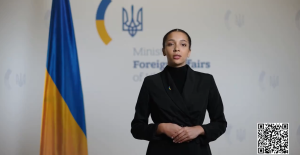 Ukraine gets a spokesperson generated by artificial intelligence
Ukraine gets a spokesperson generated by artificial intelligence The French will take advantage of the May bridges to explore France
The French will take advantage of the May bridges to explore France Organic flour contaminated by a recalled toxic plant
Organic flour contaminated by a recalled toxic plant 2024 Olympics: Parisian garbage collectors have filed a strike notice
2024 Olympics: Parisian garbage collectors have filed a strike notice Death of Paul Auster: Actes Sud says he is “lucky” to have been his publisher in France
Death of Paul Auster: Actes Sud says he is “lucky” to have been his publisher in France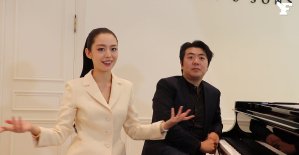 Lang Lang, the most French of Chinese pianists
Lang Lang, the most French of Chinese pianists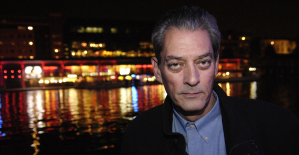 Author of the “New York Trilogy”, American novelist Paul Auster has died at the age of 77
Author of the “New York Trilogy”, American novelist Paul Auster has died at the age of 77 To the End of the World, The Stolen Painting, Border Line... Films to watch this week
To the End of the World, The Stolen Painting, Border Line... Films to watch this week Omoda 7, another Chinese car that could be manufactured in Spain
Omoda 7, another Chinese car that could be manufactured in Spain BYD chooses CA Auto Bank as financial partner in Spain
BYD chooses CA Auto Bank as financial partner in Spain Tesla and Baidu sign key agreement to boost development of autonomous driving
Tesla and Baidu sign key agreement to boost development of autonomous driving Skoda Kodiaq 2024: a 'beast' plug-in hybrid SUV
Skoda Kodiaq 2024: a 'beast' plug-in hybrid SUV The home mortgage firm rises 3.8% in February and the average interest moderates to 3.33%
The home mortgage firm rises 3.8% in February and the average interest moderates to 3.33% This is how housing prices have changed in Spain in the last decade
This is how housing prices have changed in Spain in the last decade The home mortgage firm drops 10% in January and interest soars to 3.46%
The home mortgage firm drops 10% in January and interest soars to 3.46% The jewel of the Rocío de Nagüeles urbanization: a dream villa in Marbella
The jewel of the Rocío de Nagüeles urbanization: a dream villa in Marbella Europeans: a senior official on the National Rally list
Europeans: a senior official on the National Rally list Blockade of Sciences Po: the right denounces a “drift”, the government charges the rebels
Blockade of Sciences Po: the right denounces a “drift”, the government charges the rebels Even on a mission for NATO, the Charles-de-Gaulle remains under French control, Lecornu responds to Mélenchon
Even on a mission for NATO, the Charles-de-Gaulle remains under French control, Lecornu responds to Mélenchon “Deadly Europe”, “economic decline”, immigration… What to remember from Emmanuel Macron’s speech at the Sorbonne
“Deadly Europe”, “economic decline”, immigration… What to remember from Emmanuel Macron’s speech at the Sorbonne These French cities that will boycott the World Cup in Qatar
These French cities that will boycott the World Cup in Qatar Top 14: Fijian hooker Narisia leaves Racing 92 and signs for Oyonnax
Top 14: Fijian hooker Narisia leaves Racing 92 and signs for Oyonnax Europa League: Jean-Louis Gasset is “wary” of Atalanta, an “atypical team”
Europa League: Jean-Louis Gasset is “wary” of Atalanta, an “atypical team” Europa League: “I don’t believe it…”, Gasset jokes about Aubameyang’s age
Europa League: “I don’t believe it…”, Gasset jokes about Aubameyang’s age Foot: Rupture of the cruciate ligaments for Sergino Dest (PSV), absent until 2025
Foot: Rupture of the cruciate ligaments for Sergino Dest (PSV), absent until 2025